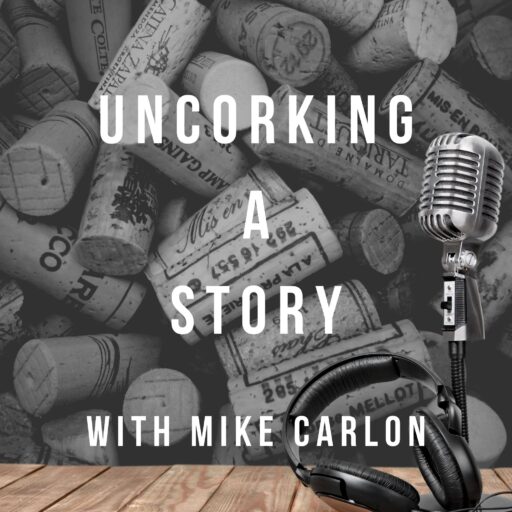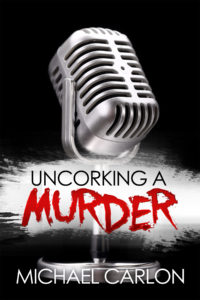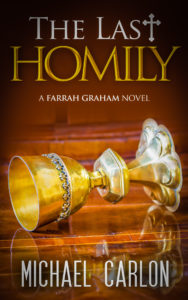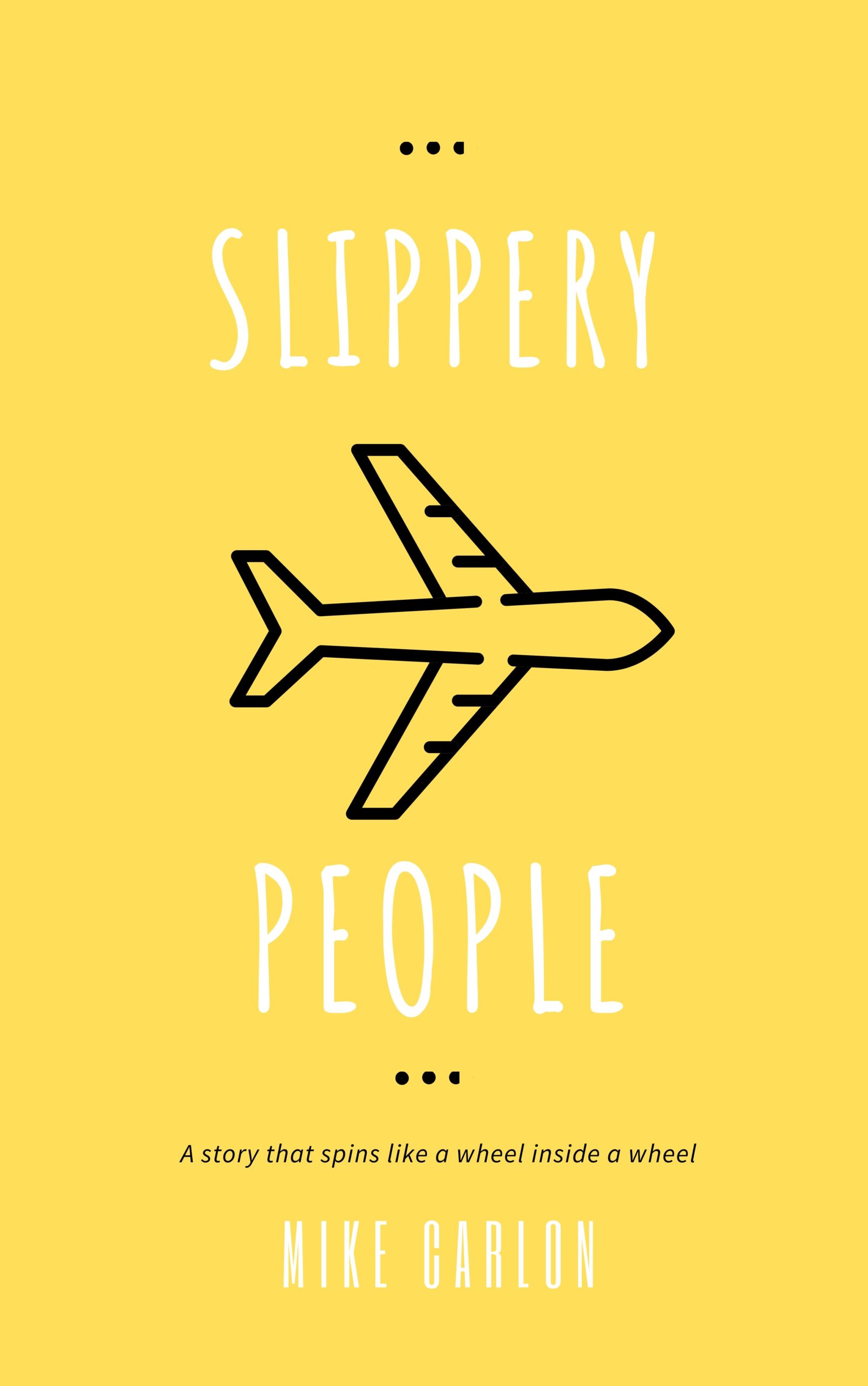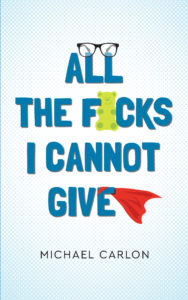The ruin of souls
Doctoral candidate Michael Corrigan is trying to reinvent himself while atoning for the sins of his past. When his dissertation advisor, Holocaust survivor Dr. Sam Shoah, goes missing, Michael decodes a cryptic message and uncovers a plot hatched by enemies of the United States to destroy its economy and ultimately control its citizens. Reluctantly, he becomes the only line of defense against evil men seeking…The Ruin of Souls.
VIDEO
TRAILER
SYNOPSIS
At forty-six, Michael Corrigan has successfully defended a doctoral dissertation, earning him a Ph.D. in clinical psychology. A former successful tech entrepreneur, Michael left his old life behind following his son’s suicide, driven now to reveal the negative impact social media can have on adolescents. His unlikely admission into the clinical psychology program at the University of Connecticut was championed by professor emeritus Dr. Sam Shoah, an eighty-two-year-old psychologist who survived the horrors of the Holocaust as a young boy. As a gift to commemorate his student’s accomplishment, Dr. Shoah gives Michael a signed copy of Viktor Frankl’s Man’s Search for Meaning and urges him to do something meaningful with his life.
Michael’s celebration is short-lived as Sam goes missing, apparently abducted from his home. After finding and decoding a cryptic message left by Sam in Frankl’s book, Michael begins a quest to find his missing advisor. While doing so, he uncovers a plot hatched by deep cover Russian operatives to release a virus into the United States. Fueled by a deadly combination of greed and revenge, these sleeper agents seek to profit from the detrimental impact this virus will have on the US economy and strike back at the country which they feel has betrayed them.
While attempting to thwart their plans and rescue Sam, Michael realizes he’s been manipulated into becoming the mule for the virus and has to use his skills as a programmer and psychologist to hurdle obstacles and solve puzzles in order to avert the greatest terrorist attack on the US since 9/11 and prevent the ruin of souls.
St. Michael the Archangel,
defend us in battle.
Be our defense against the wickedness and snares of the Devil.
May God rebuke him, we humbly pray,
and do thou,
O Prince of the heavenly hosts,
by the power of God,
thrust into hell Satan,
and all the evil spirits,
who prowl about the world
seeking the ruin of souls.
Chapter 1: Audio
CHARACTERS
Michael Corrigan
Doctoral student in clinical psychology; former tech entrepreneur.
Marie Charcot
Stage hypnotist and possible Russian assassin. She can’t be trusted.
Patsy Mazzone
Mafia boss and lifeline to Michael in a time of need.
Dr. Sam Shoah
Michael’s dissertation advisor and Holocaust survivor. Michael’s father figure.
Dr. Anton Levy
Virologist seeking to release a virus and a cure that will do more harm than good.
Bob Ahlers
Former tech titan who is working with Dr. Levy to destroy the US economy.
Chapter 1
I walked briskly across the University of Connecticut campus towards the psychology building, and the early April sky looked as if it was going to open up at any minute. Screw the May flowers, I thought to myself. The last thing I wanted to do was start off the most important presentation of my life self-conscious over being soaking wet. I made a note to myself to buy a damn raincoat, even if it would make me look like Columbo.
I stopped for a moment in front of St. Thomas Aquinas Church on campus. While I was once a man of strong faith, a series of events eroded my belief in a loving God, including the death of my son and the clergy sexual abuse scandal. That an all-powerful being could let such tragedy befall his children was a laughable notion. Still, there was something about that building that seemed to call to me every time I passed by and I often found myself stopping in front of it and staring at it. The clouds seemed to be getting darker, so I ended that brief meditation and continued towards my ultimate destination.
As I walked in front of the university’s auditorium, I had to evade some protestors who used signs and bullhorns to proclaim their utter outrage that Marie Charcot was coming to campus that night to perform her show, Opening the Mind’s Eye. Charcot, who adopted the stage name Madame Charcot even though she wasn’t French, was part stage hypnotist and part motivational speaker. She was bringing her stage show to the University of Connecticut tonight and historically the show had been a hit with college-aged students as they got to see their fellow classmates perform outrageous acts at her suggestion.
Recently, through her motivational speaking business, she’d developed professional ties to the current Republican president of the United States—a fact that had outraged a far-left campus group. Although she identified as female, some of their signs compared her to Adolf Hitler and it was clear from their chants that they wouldn’t leave until the administration cancelled the event—so much for free speech on college campuses! I once had the naïve notion that part of higher education involved having meaningful dialogue with people who share opinions different than yours, but that was squashed when I entered a doctoral program five years ago. If there’s one thing I learned in academia, it’s that it’s more acceptable to be a Communist than a Republican, forcing any non-left leaning students and faculty into the closet for fear of reprisals.
I got through the protest unscathed and made it to the psych building just before the thunder rolled and the rain started to fall. The building itself is one big maze and most psych students joke that all who enter are part of a learning experiment to see how quickly they find learn their way around—like a mouse hunting for a piece of cheese.
After a series of left and right turns, I made my way to my dissertation advisor’s office, which was immediately to the right of the department chair’s. The symbolism was clear. Although retired, Sam Shoah was the right-hand man to whoever was in charge of his former department. Evie Rotter might technically run the department, but nothing of any consequence happened without Sam’s blessing.
Shoah is the Hebrew term for Holocaust, and it wasn’t the last name he was born with. Sam changed his name as his own personal promise to never forget the horrors that he and millions of others experienced during World War II. It was his outward sign of an inner promise, if you will.
As a young boy, he was sent to Auschwitz along with his twin brother Saul, and the fact that he was a twin undoubtedly saved his life as it qualified the boys for participation in some of the barbaric twin studies overseen by the wicked Josef Mengele—most kids were killed upon arrival as their captors reasoned they had little to offer the war effort, but twins weren’t killed immediately as they were considered valuable research subjects.
Fortunately for Sam, he wasn’t chosen to be the test subject in the experiments they were forced to participate in. The Nazis would poke, prod, and poison Saul while doing nothing to him, who played the role of control subject. While he wasn’t hurt physically, the mental anguish he suffered by seeing his brother experimented upon was just as bad.
As a rule, if one twin died as a result of an experiment, the other was immediately killed, and the two bodies were then examined to measure the impact of experimentation. Sam was convinced that Saul’s ability to hold on was rooted in the fact that he had to in order for his brother to live. The notion that having a purpose can fuel a will to survive greatly impacted Sam’s approach to psychotherapy, as it did another Holocaust survivor, famed neurologist and psychiatrist Viktor Frankl.
While Saul was strong, he wasn’t immortal. Sam’s twin eventually died in January of 1945, the day before the Soviet army liberated Auschwitz. By then, the boys’ tormentors had fled and Sam was safe—as safe as he could be in Hell.
When I walked into Sam’s office, he was cleaning out the bowl of his pipe and dumping the spent tobacco into the waste basket.
“Not a word from you on this,” he said as I walked in. “I’m 82 and it’s the only vice I have left.”
It struck me how much he’d aged in the past five years. When I met him, he was just shorter than my five-foot-eleven-inch frame, but now he barely came up to my shoulders. He had more age spots now than he did back then; while he was a believer in the benefits of being out in the sun, he wasn’t a big believer in sunscreen. The one thing that hadn’t changed, though, was his combover. He was clearly bald but pushed over the long strands of hair on the side of his head to give the appearance that he had some left on top. In this way he reminded me of Don Rickles, though I believed Sam was funnier.
“I’m too nervous to give you hell about that, Sam.”
“Good. Nerves are good, they are a reminder that you are still alive.” He then walked over to me and put both of his hands on my shoulders and looked me directly in the eyes, “You will do fine, blue eyes.”
Sam was fascinated that I had dark hair but blue eyes and often joked that had I been blond, he would never have taken me on as a student as I’d have reminded him too much of his captors.
“Your written dissertation is the best to come through any of our desks in a quarter century. Today is just a formality.”
At forty-six, I’d be the oldest person to graduate from the University of Connecticut’s doctoral program in clinical psychology. I entered the program five years ago primarily because Sam championed my application. Very few universities would take on a forty-one-year-old doctoral candidate, but something in my application story stood out to Sam and, considering his input was given a disproportionate amount of weight, I was offered one of the six spots they would fill that year.
I had a career in big tech before entering the grad program, and gave my fair share of presentations, but this was one of the most meaningful I’d ever give and I didn’t want to screw it up. “I just want to do well.”
He then squinted and smiled. “Is that grey hair I see around your temples? I guess after today we can call you Dr. Salt and Pepper.”
It felt as if the grey appeared overnight, an outward testament to the stress building in my body.
“I appreciate your saying that.”
“About your hair? No problem.”
“No, about my work. Regarding the hair, I’m just stressed out about defending the dissertation.”
“Michael, it’s already slated for publication in a peer-reviewed journal. Just watch the politics in the room and you’ll sail on through.”
I thought the tech sector was as political as they come, and then I entered academia. Tech’s got nothing on a university when it comes to back stabbing, strategic rumors, and infighting.
I looked over at the whiteboard on Sam’s wall and saw a series of shapes, some with dots and some without. Sam caught me staring at it.
“Are you a Kappa Sigma?” I asked.
“Why do you ask?”
“My college fraternity used a cipher like this so that brothers could send coded messages to each other.” I almost laughed as I said it, thinking how silly it sounded. I went to school in the early 1990s, not the 1790s.
“No, I didn’t have time for such things when I was in school.”
That’s right, to hear Sam talk about his college days in the mid-fifties you’d have thought his alma mater, Syracuse, where he earned his undergraduate, master’s, and doctoral degrees, was about as fun as summer school. He’d always mutter something about the Cold War when pushed further, but I knew not to push further today because doing so would inevitably lead to a lecture, and I didn’t have time for that.
“This pigpen cipher was used by both the Freemasons and Knights Templar to send coded messages to their members. Actually, it is believed to have been created by a Jewish rabbi; just another of our forgotten claims to fame.”
“Hey, you still have pastrami on rye.”
Sam smiled. “They can’t take that away from us. Want to take a guess at what this says?”
As a software developer fluent in multiple computer languages, I was always up for a challenge to unscramble a code. I picked up a dry erase marker and drew a three-by-three table with an X next to it. I then put two letters of the alphabet in each square on the table and in each of the four angles in the X. While I was the Grand Master of Ceremonies for my fraternity and had to commit this silliness to memory and present it to new members, I was amazed at how quickly creating the cipher key came back to me.
Now that I had the cipher key, I then looked at each of the shapes Sam had on the board and wrote the corresponding letter from the key underneath; if any shape had a dot in it, I knew to use the second letter in the square or angle. The message spelled out, Good luck Michael.
“Nice job, but that was a softball because the cipher key was in alphabetical order. Try this one.”
I watched as Sam wrote down another coded message from memory on his whiteboard.
“Try to use the cipher key you created before.”
I did and got a nonsense word.
He then erased each of the letters in the table and X that I created and put SY and MB and OL across the top row of the table.
“This is a substitution cipher. Knowing the word symbol is key to solving the code. So in the cell under SY, you would put in the next letters in the alphabet following each of those, which are T and Z. In the cell under BO you would write CP, etcetera. Sam then completed the cipher key.
“Now decode the message.”
I did and it read, Defend us in battle.
I recognized it as a line from the prayer to St. Michael, one I was familiar with from my Catholic school days.
“Patron saint of the military,” I observed.
“The enemy of Satan and the fallen angels. He ejected Satan from paradise, so the story goes. I’m guessing the Devil didn’t take that lightly.”
“My mother named me Michael after him, so the story goes.”
“My my, you have a lot to live up to with your name,” Sam quipped.
“For a Jew, you know a lot about Christian saints.”
“At one point, your people persecuted mine. We Jews thought it wise to know our enemy.”
I wanted to ask Sam why he had a pigpen cipher on his whiteboard in the first place but looked at my watch and saw that I only had fifteen minutes to go before my presentation was supposed to begin and wanted to make sure I had no issues connecting my laptop to the projector. If there’s one thing I learned working half my adult life in the tech space it’s that if something is going to go wrong in a presentation it’s going to have to do with the audio/video system.
“I’m going to head down to the conference room and set up. Want to join me or are you going to take a few hits off of that cancer delivery vehicle?”
“You couldn’t help yourself, could you?”
“Nope.”
I put my bag over my shoulders and Sam picked up a heavy canvas bag of books off his floor and handed it to me.
“Mind carrying these for me?”
When I took Sam’s class on psychological tests and measurements, I always met him in his office beforehand and offered to take his bag for him so that he could enjoy his pipe on the walk between the psych building and the building our class was in. It struck me that, given my coursework was all done and all I had left to do was defend my dissertation, this might be one of the last times I got to carry his bag.
“Of course not. I’m going to miss this, you know.”
“I am too, Michael,” Sam said.
He locked the door behind him after we stepped into the hallway, and I’m certain he whispered it again.
“I am too.”
Chapters
Words
The Ruin of Souls is ultimately about a man seeking meaning in his life following the loss of his only child to suicide. After embarking on a quest to find his missing advisor, Holocaust survivor Dr. Sam Shoah, Michael Corrigan is challenged to find meaning in work, love, and finding courage in the face of danger.
ABOUT THE AUTHOR
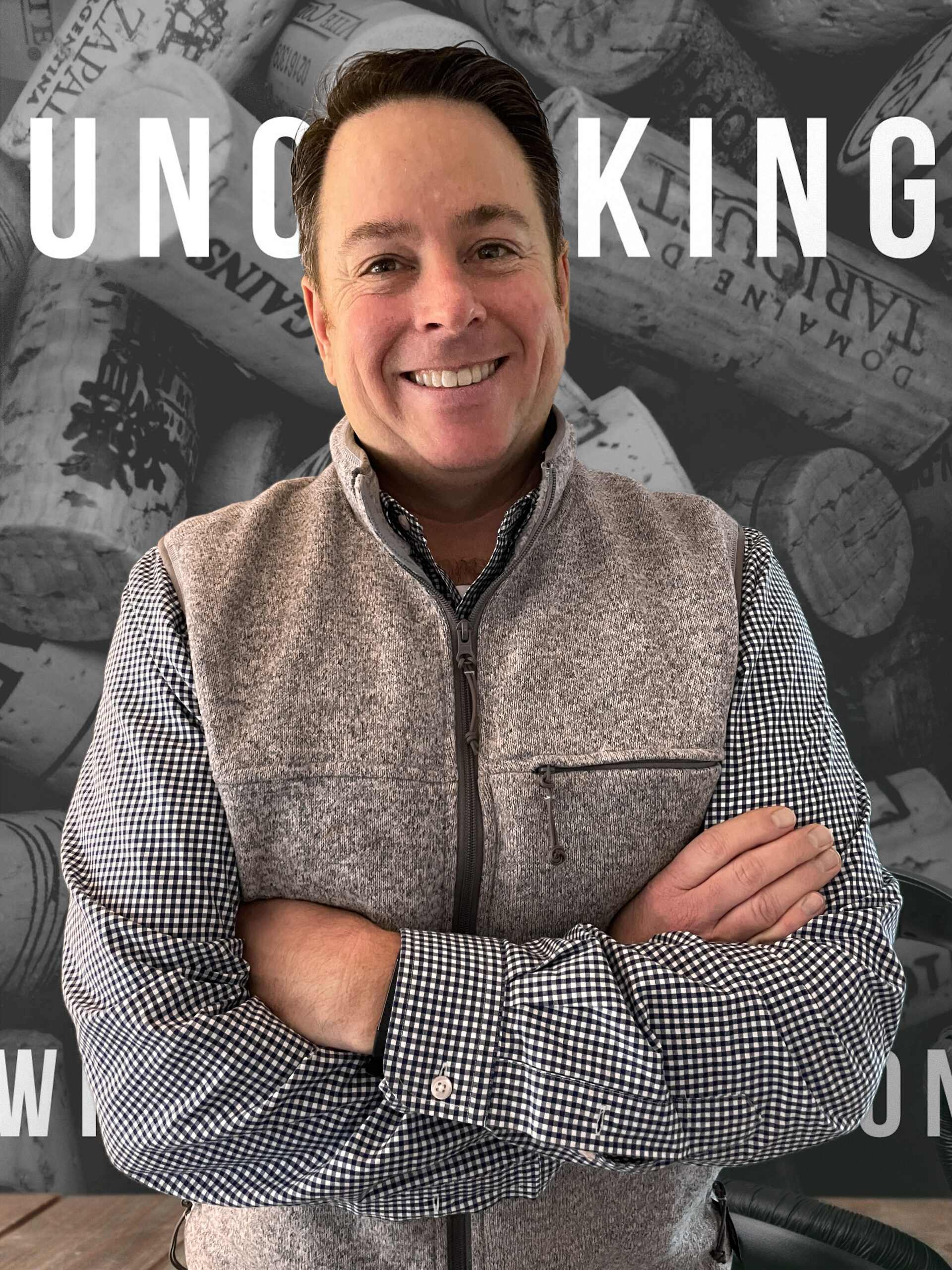
Michael Carlon is tech marketing professional, author, and the host of the Uncorking a Story podcast which features depth interviews with A-List authors as well as personal, motivating reflections from conversations Mike has had with the people he meets. He’s the author of the successful Farrah Graham series of books as well as stand alone novels including Return to Casa Grande, Winning Streak, and the hilarious All the F*cks I Cannot Give.
When he is not writing a novel, a magazine article, or a piece for his local newspaper, Mike earns his living as a marketing consultant traveling around the country interviewing people about their experiences with and attitudes towards his clients’ products and services. He is an expert at understanding what makes people tick and translating those insights into intelligence his clients can use to make better decisions.
Mike lives in Stamford, CT with his wife Nicole and their college aged triplets Grace, Patrick, and Maggie. He holds a BA in Psychology from the University of Connecticut and an MBA with a concentration in marketing from Fairfield University.
